Disclaimer: The views and opinions expressed by the Future of Policing Institute fellows are theirs and do not necessarily reflect the views or positions of any entities they represent.

Innovation Exchanges
Policing generally seeks to innovate when there is a demonstrable public safety, political or community urgency to do so. In those agencies possessing a innovative influence within their cultures, innovation is driven by the realization that the social milieu in which policing exists today is constantly changing. To effectively serve their communities, these agencies understand that they need to change (innovate) too. By adopting a Innovation Exchange as a quick, easy and cost-effective innovation strategy, tomorrow’s policing leaders can better position their agencies to deal with an increasingly uncertain future.
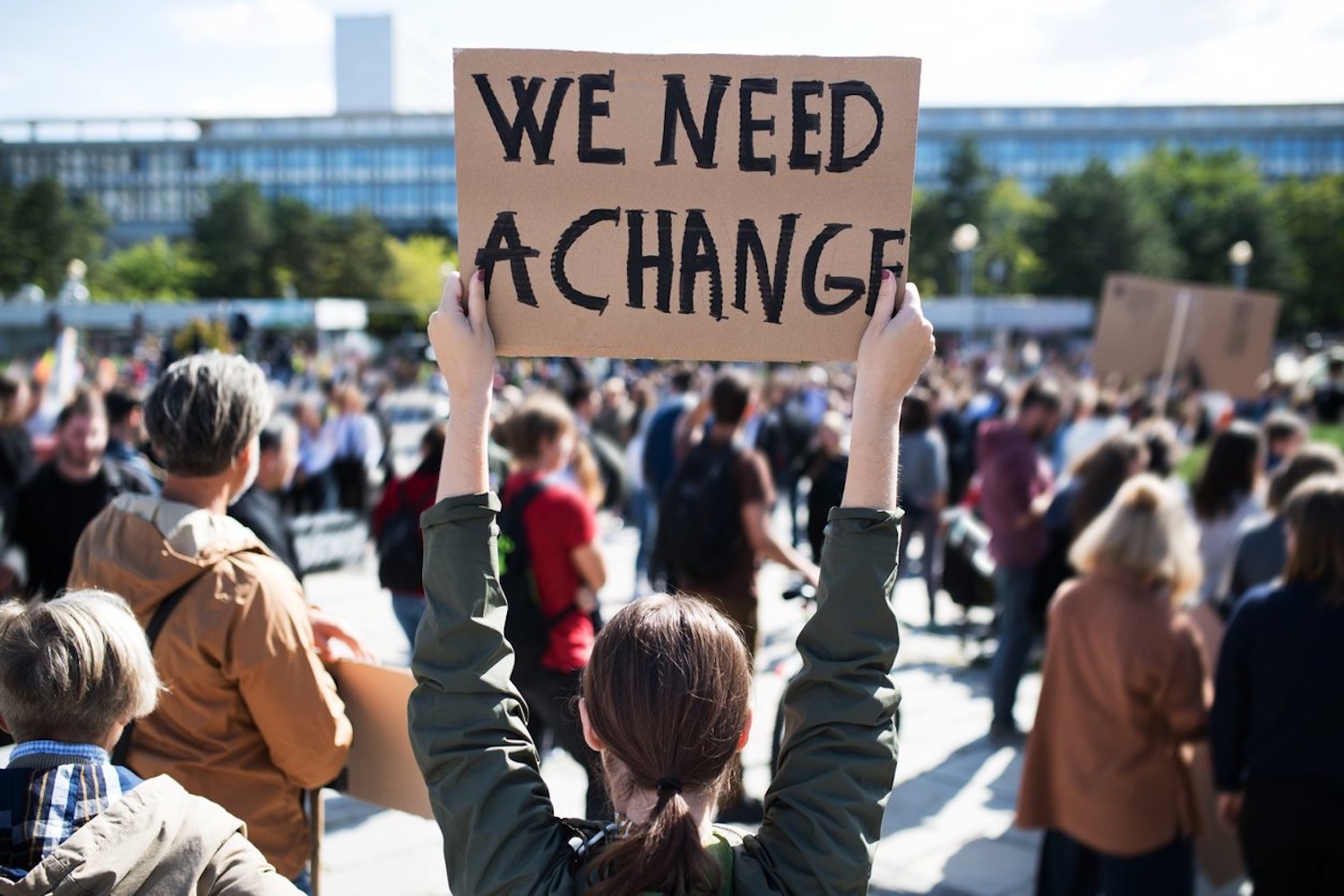
Will mass demonstrations increase in the future?
It seems likely that mass demonstrations will remain a feature of society into the foreseeable future, given trends of increased global interconnection, economic disparities, social movements, political polarization and threats posed by artificial intelligence to various jobs conditions - conditions which provide fertile grounds for more mass protests to arise and be organized more easily thanks to advances in technology.

Newspapers dying is not good for policing
Some might argue that a dying newspaper industry is good news for law enforcement. Those people would be quite wrong. The lack of journalistic oversight means a likely increase in corruption and government waste. With no one left to monitor and scrutinize local government, politicians and city managers are free to make bad decisions with no recourse, leaving taxpayers to cover the costs.
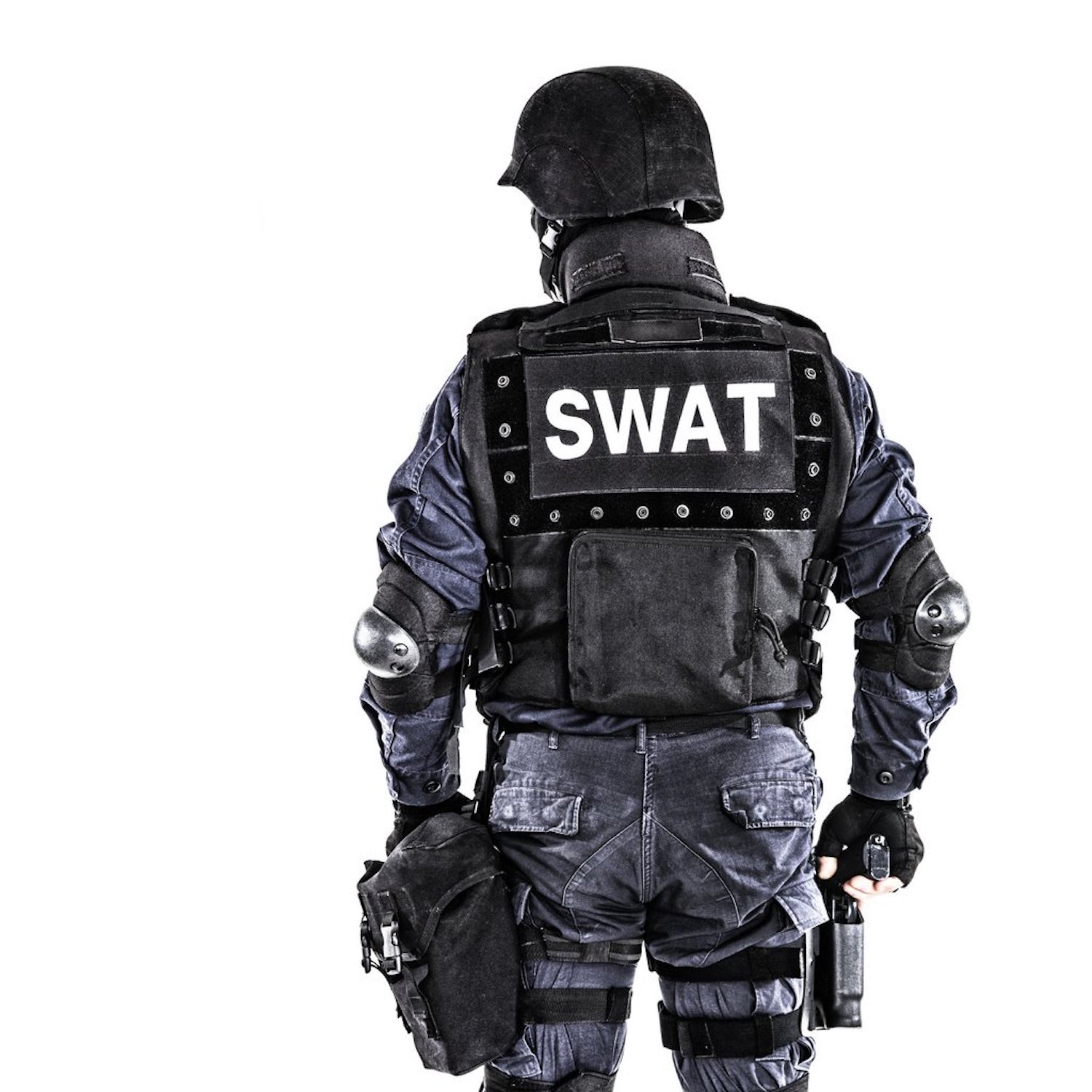
Does every city need its own SWAT team?
The number of police agencies with their own SWAT teams has grown dramatically since the first one was created in the 1960’s. There are many instances where police agencies ill-equipped to fund, train and equip their SWAT teams have conducted tactical operations with tragic results. Yet, policing culture continues to encourage the creation of SWAT teams in agencies that just should have them. Here we help answer the question “Does every city need its own SWAT team?”

How a government-supported repeater system can help GMRS radios save lives
The tragic fire that devastated Lahaina, Mauai in Hawaii resulted in the deaths of more that 100 people. It is now clear that there was a tragic absence of situational awareness and community self-reliance and sufficiency when a diasister of this magnitude occurred. GMRS radios might have saved many of their lives by giving them enhanced situational awareness.
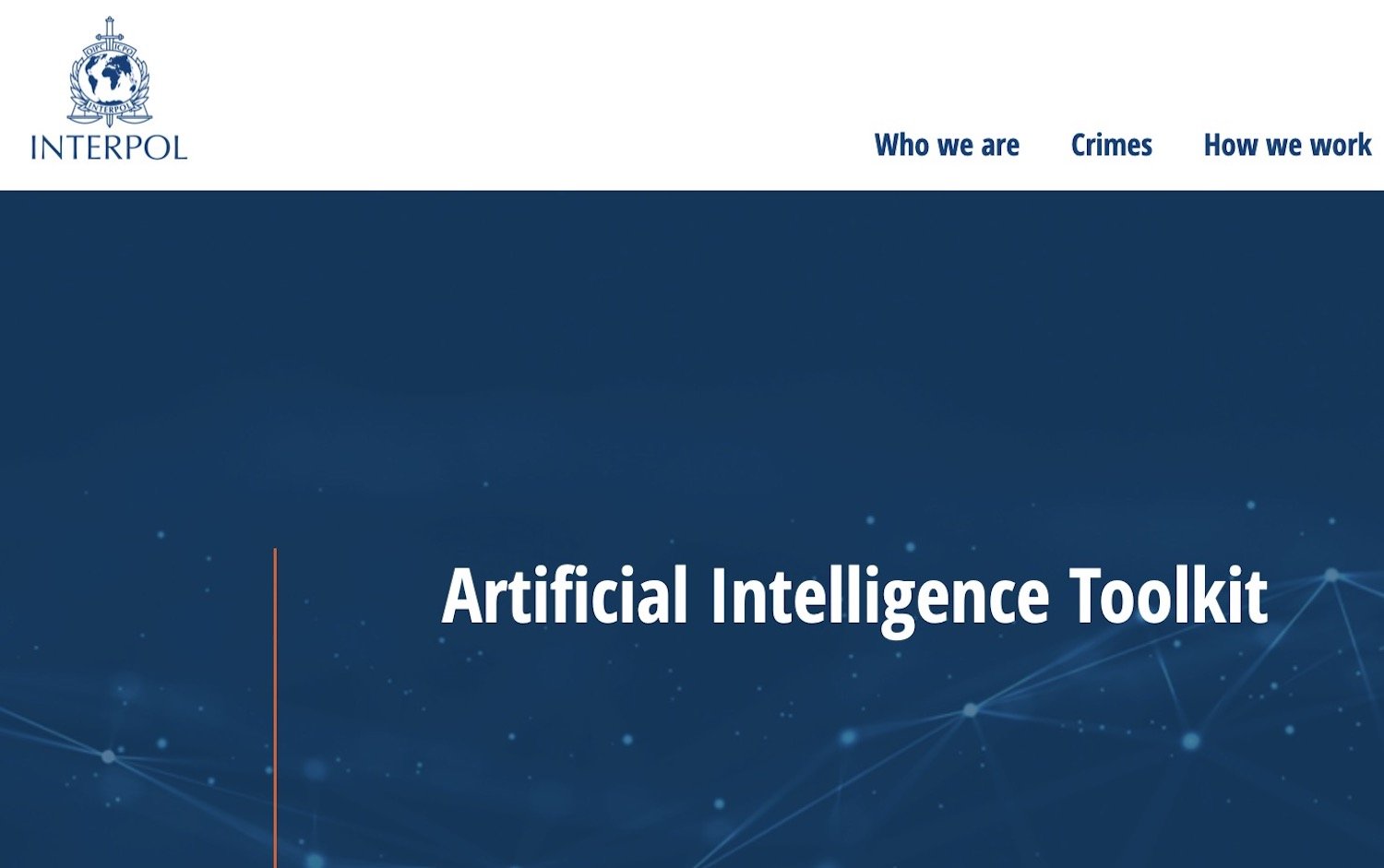
Interpol AI Toolkit: Empowering police to leverage artificial intelligence responsibly
The Toolkit for Responsible AI Innovation in Law Enforcement (AI Toolkit) was developed by INTERPOL in June 2023, together with its longstanding partner, the United Nations Interregional Crime and Justice Research Institute (UNICRI), with financial support from the European Union, based on the needs expressed by member countries, to fill gaps in terms of guidance on the development, procurement and use of responsible AI in law enforcement agencies. It is intended to help law enforcement agencies address the most pressing challenges when it comes to the use of AI.

Apocalyptic events and policing
An apocalyptic event refers to any catastrophic event with the potential to bring about the end of our world as we know it. This could range from natural catastrophes, like supervolcano eruption or meteor impact, or man-made catastrophes, like nuclear warfare or pandemic pandemic; all of these have one thing in common - severe disruption or collapse of society's fundamental structures such as governance, economy and public safety mechanisms like police.
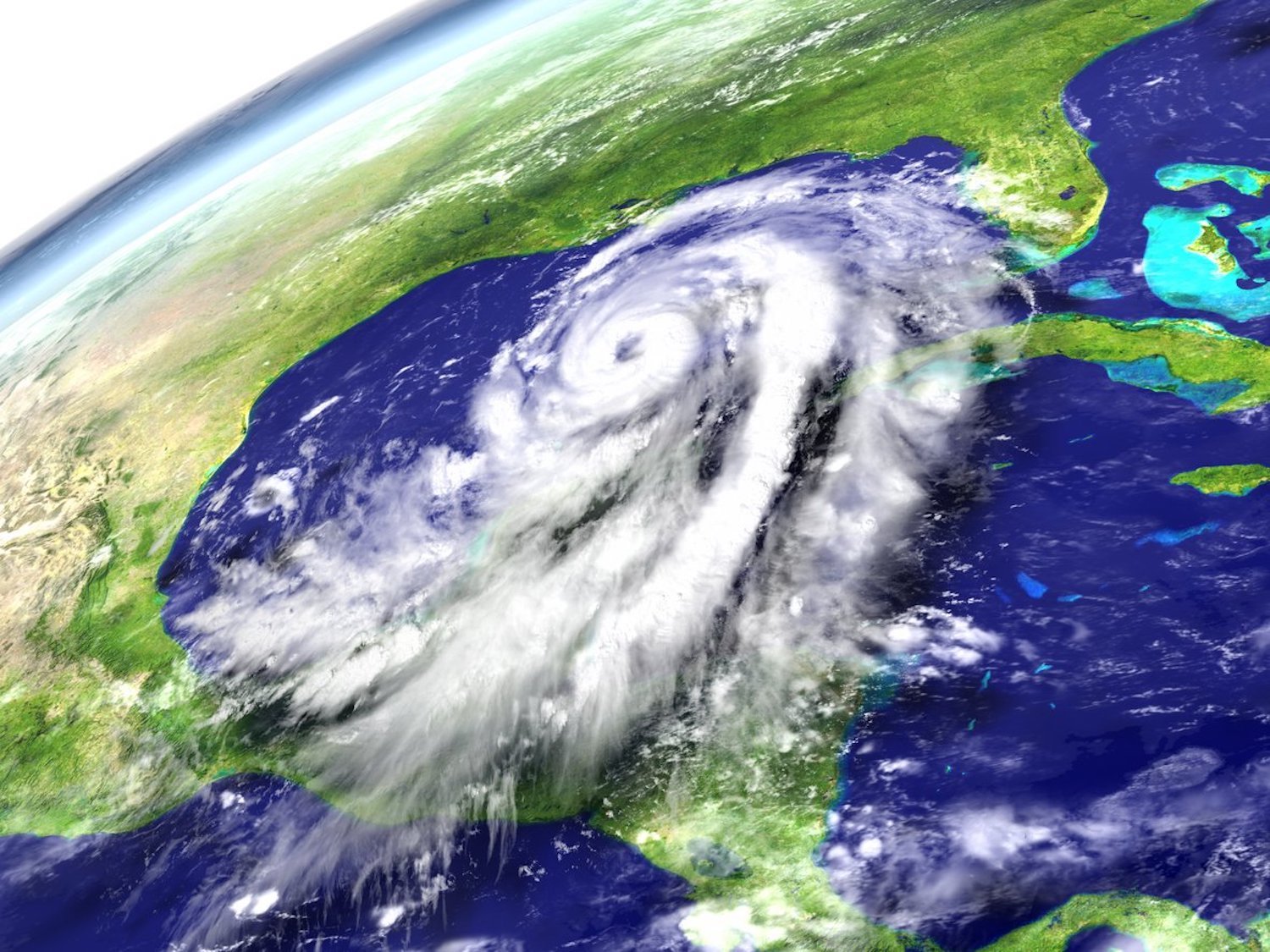
The rapid intensification of hurricanes: knowledge cops don’t know they need
Recent years have been witness to an upsurge in hurricane intensity, drawing great concern from meteorologists, emergency management professionals and public safety leaders alike. Hurricanes, often challenging storms to prepare and respond to under the best of circumstances, become even more so when their intensities surge unexpectedly in short spans of time. Understanding its consequences of “rapid intensification” is essential when considering public safety and resource allocation decisions.
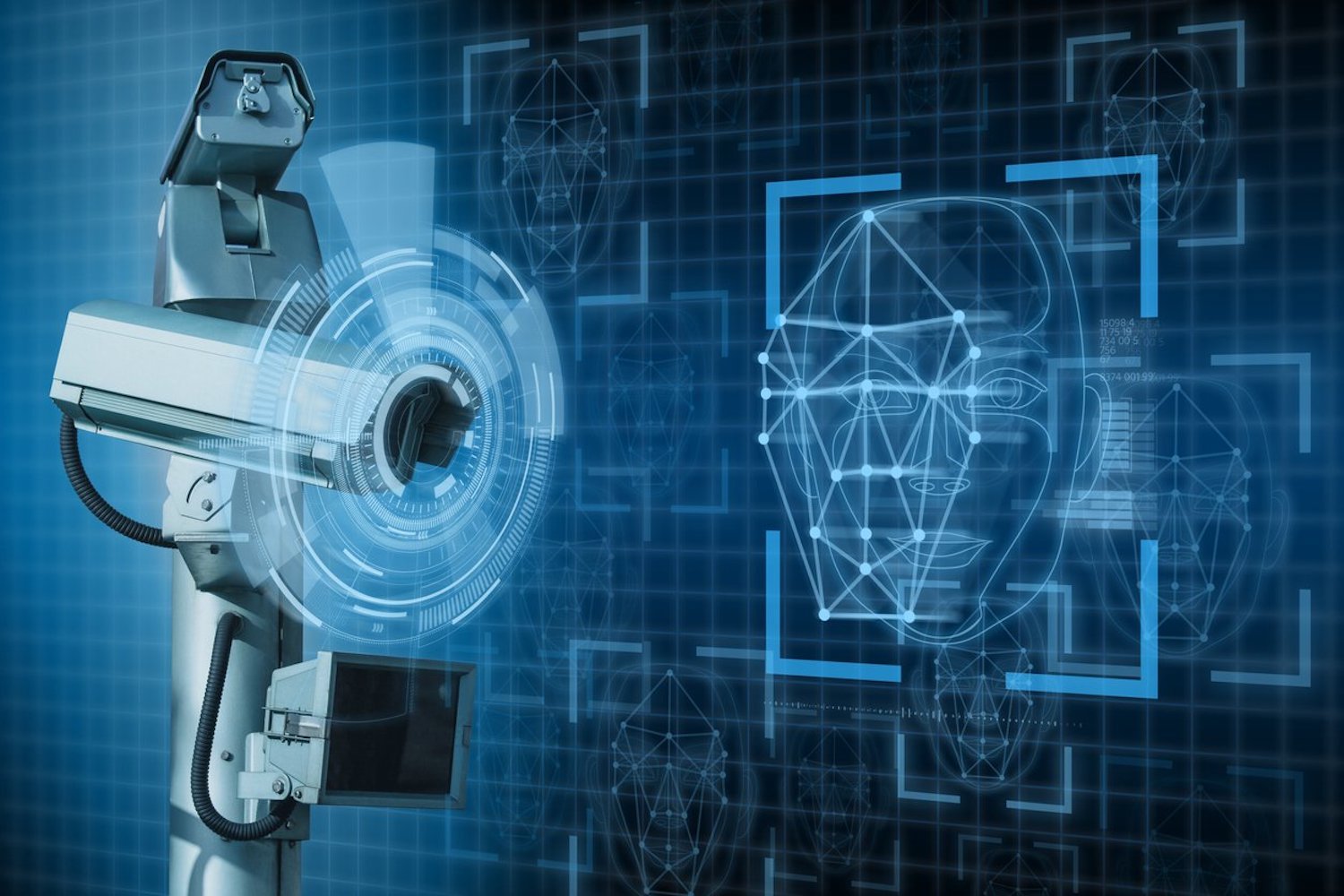
Police Technologist: the position every police agency needs but almost none have
The use of technology by the police is clearly anchored to the culture of policing. Unfortunately, what is not part of the policing culture is the role of “Police Technologist.” This position is envisioned as the keeper of policing’s ethical commitment to do the right thing while protecting the community.

Police reform, unions and controlling your own destiny
When faced with police reform pressures, union leaders really have two choices: fight them or try and insert the police perspective to make them more reflective of the realities and challenges of modern policing. We argue that working collaboratively with those furthering reform goals is a much more productive stance and contributes to the control of policing’s destiny.

Managing the re-positioning of the police from Law Enforcement Officers to Peace Officers
For strategic efforts aimed at transforming a policing organization to be effective and have those efforts anchor to the culture of the organization, consideration must be given to managing key components of the transition. Here we provide two helpful tools to be used in the strategic transformation.

The future of traffic safety
In policing, most cops are focused on traditional criminal acts aimed at either people or property. But traffic safety plays an important role in keeping communities safe. And it has a connection to governmental finances. Rarely do the police (and city or county governments) get sued because a murder occurs. But it is quite common for claims and lawsuits to be filed after a traffic-related fatality. As our society becomes increasingly litigious this will be a more important area on which the police will need to focus.

Paradigms and Policing: Shaping Public Views on Cops in the Digital Age
Mental models or paradigms serve as cognitive frameworks for individuals to interpret the world and interact within it. They are the lenses through which we see the world. Each of us has them and they affect our behavior in various ways. They play a significant role in shaping perceptions and behavior about policing.

A Hippocratic Oath for Policing isn’t new, and it’s finally here
“We, the members of the Anytown Police Department promise that while doing our best to control crime, we will do everything in our power to do no harm to the communities we serve and protect.”

The danger to policing in normalizing extremism
Policing’s episodic normalizing of the acceptance of far-right groups carrying Blue Lives Matter slogans and symbols is wrong and not only presents a threat to officer and community safety but to the legitimacy of democratic policing.

Wolves in sheep’s clothing?
The sights and sounds of January 6, 2021 are etched into our minds for the remainder of our lives and will no doubt be read about and retold for eternity. This was no ordinary Wednesday. It could be classified as one of the worst, if not the worst day yet, in American history.
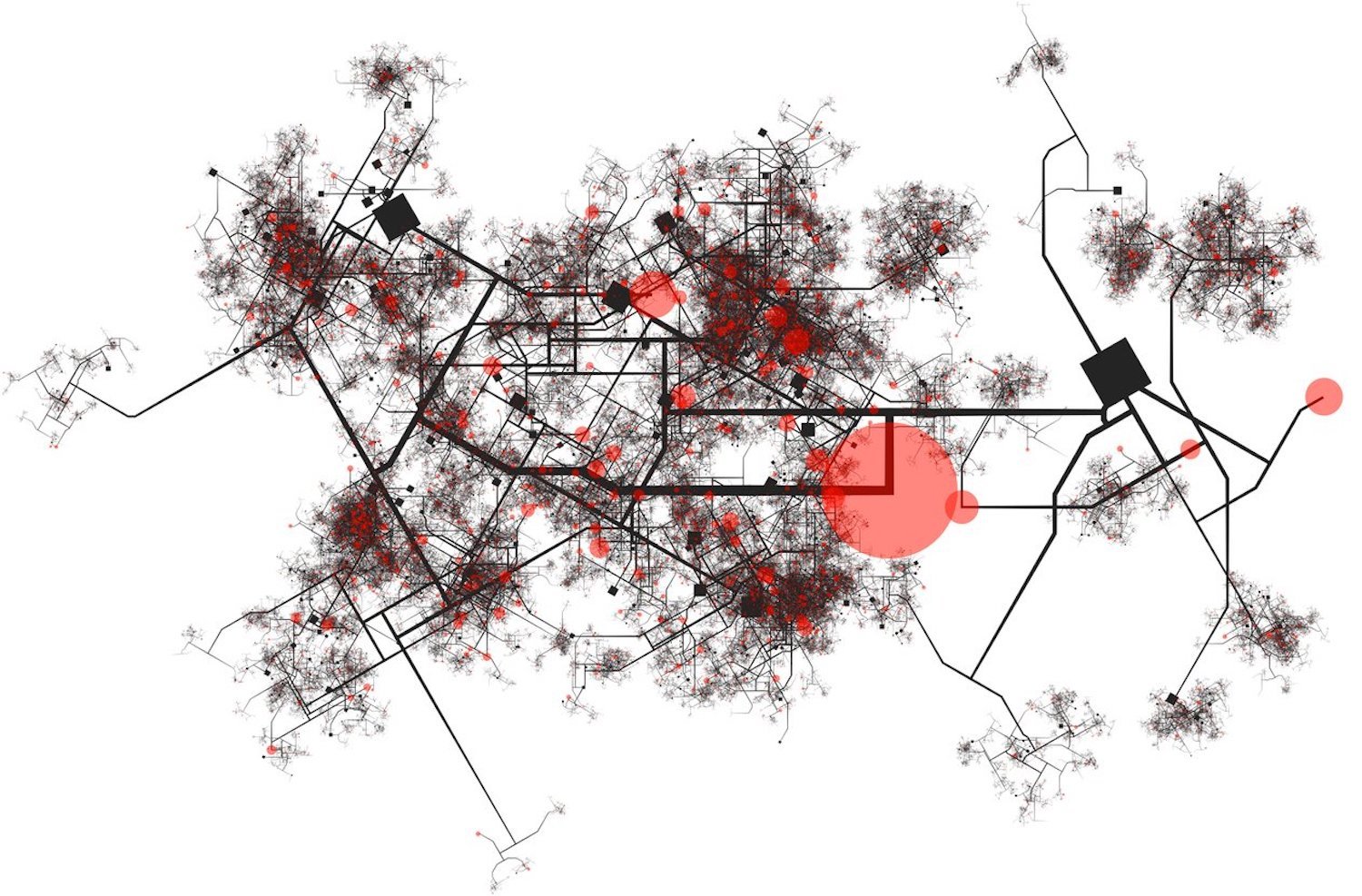
Evidence Based Policing: what it is and why will it become even more important in the future
Evidence-Based Policing (EBP) has emerged as a transformational paradigm shift designed to revolutionize police methods, drawing its inspiration from evidence-based practices in other professional domains such as healthcare, psychology, and social work.

Why use 2030 as a time horizon?
When we think strategically about the future of policing it may be attractive to think about what policing will look like in 50 years. That has a real ring to it. However, the longer your time horizon is the fuzzier the future looks and the less practical your forecast will be. We think that 2030 is a useful and realistic time horizon for thinking about the future of policing in a way that allows for realistic planning and discussions.

What is the Future Policing Institute?
The Future Policing Institute was established in 2019 as a vehicle for anchoring foresight and innovation to the culture of policing.

